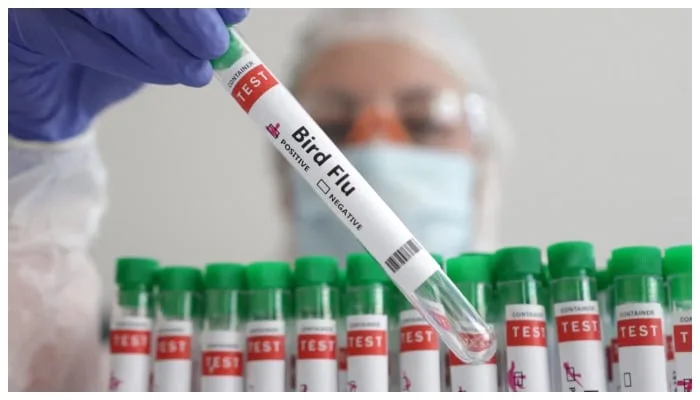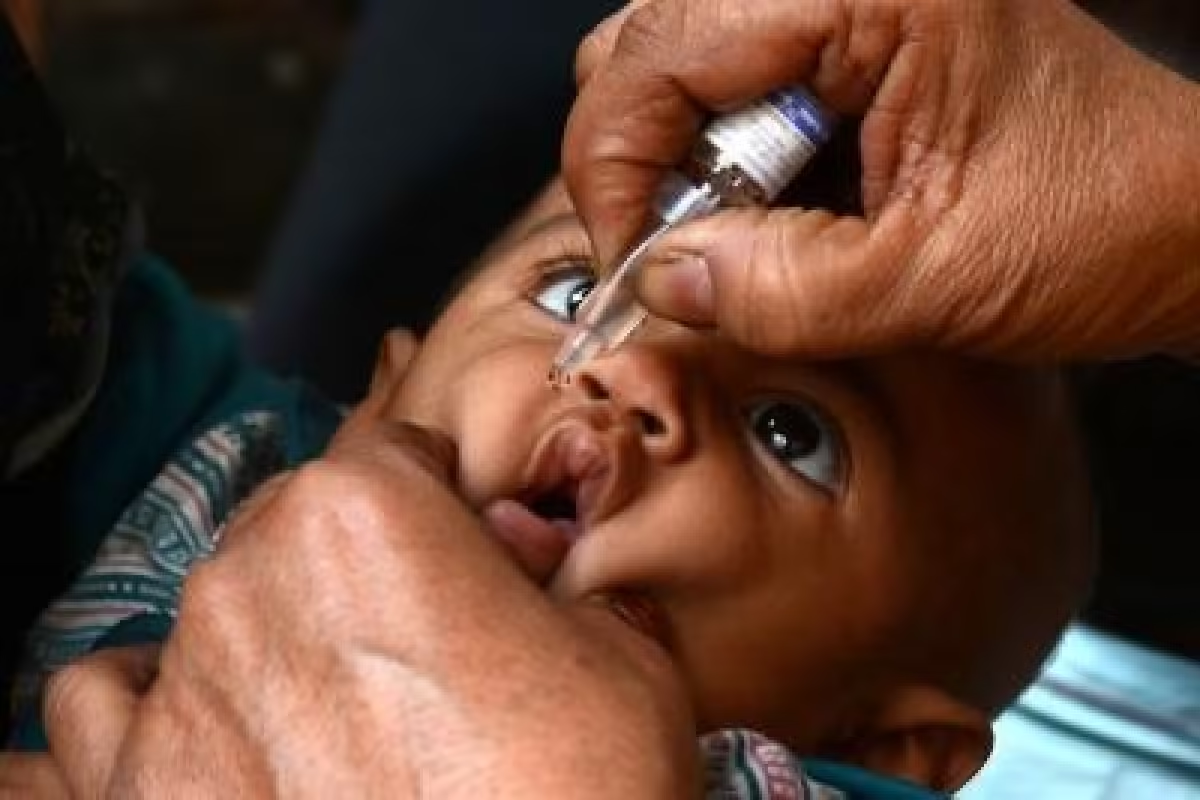The World Health Organization (WHO) has confirmed the death of a 59-year-old man in Mexico due to bird flu, marking the first known human fatality from the virus after an animal infection worldwide. This alarming development highlights the ongoing threat posed by avian influenza and the potential for its spread to humans.
Details of the Case
The deceased man, who was receiving treatment in a hospital in Mexico City, exhibited symptoms including fever, shortness of breath, and nausea before succumbing to the illness on April 24. According to the WHO, this case represents the first laboratory-confirmed human infection of the influenza A (H5N2) virus globally. This virus strain had previously been reported in poultry populations within Mexico, but until now, no human cases had been confirmed.
WHO’s Concerns About Bird Flu
The WHO has consistently expressed concerns about the spread of bird flu, particularly the H5N1 strain, which has been responsible for the deaths of millions of chickens since early 2020. More recently, the virus has been detected in various mammal species, including domestic cattle in the United States, raising fears about its potential transmission to humans.
Dr. Jeremy Farrar, Chief Scientist at WHO, described the situation as “very worrying,” emphasizing the increased risk of the virus jumping from animals to humans. The inclusion of goats and cows in the list of susceptible animals, as observed in March 2024, was particularly surprising to experts who had not previously considered these species at high risk for this type of influenza.
Global Impact and Response
The spread of avian influenza, particularly the H5N1 and H5N2 strains, has had significant implications for both animal and human health worldwide. The virus has led to widespread culling of poultry to prevent further transmission, causing substantial economic losses in the agriculture sector. Moreover, the potential for human infections poses a serious public health threat.
The WHO has been actively monitoring the situation and working with countries to implement measures to control the spread of the virus. This includes surveillance of poultry and wild bird populations, timely reporting of outbreaks, and measures to prevent human infections. Public health campaigns are also crucial in educating people about the risks and prevention strategies related to bird flu.
Preventive Measures and Recommendations
To mitigate the risk of bird flu spreading to humans, the WHO and other health agencies recommend several preventive measures:
Surveillance and Reporting: Continuous monitoring of bird populations for signs of influenza and immediate reporting of outbreaks to health authorities.
Biosecurity Measures: Implementing strict biosecurity measures in poultry farms to prevent the introduction and spread of the virus.
Vaccination: Where feasible, vaccinating poultry against avian influenza to reduce the prevalence of the virus.
Public Awareness: Educating the public about the risks of bird flu and promoting practices that reduce human exposure to infected birds.
Personal Protective Equipment (PPE): Ensuring that individuals who work with poultry or are involved in culling operations use appropriate PPE to minimize the risk of infection.
Importance of Early Detection and Research
Early detection of bird flu cases in both animals and humans is critical for preventing widespread outbreaks. Researchers are also working on developing vaccines and antiviral drugs that could be effective against various strains of avian influenza. Continued investment in research and development is essential to stay ahead of the evolving virus and to protect public health.
The confirmation of the first human death from bird flu in Mexico underscores the persistent threat posed by avian influenza and the importance of vigilance in monitoring and controlling the virus. The WHO’s alert serves as a reminder of the interconnectedness of animal and human health and the need for a coordinated global response to emerging infectious diseases. By implementing robust preventive measures, enhancing surveillance, and investing in research, the international community can work towards mitigating the risks associated with bird flu and safeguarding public health.



